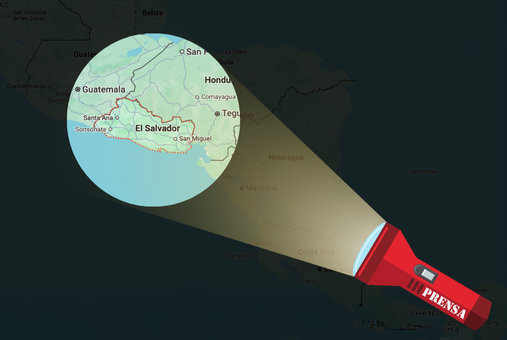
Journalists in El Salvador are building their own databases, investigating citizen complaints and cultivating anonymous sources to hold the government accountable.
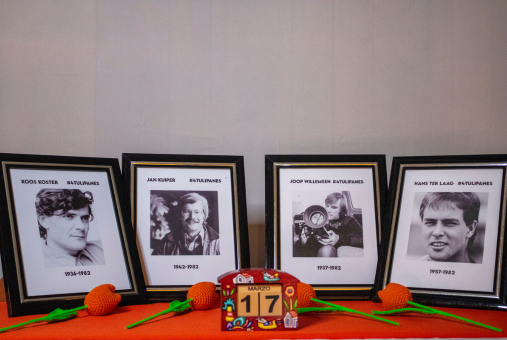
Two court cases seeking closure in the 1982 ambush and murders of four Dutch journalists in El Salvador are currently open in the U.S. and the Central American country.
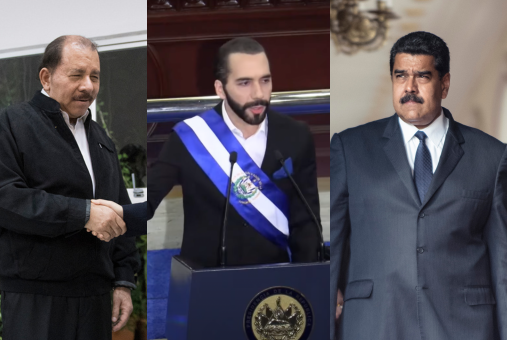
Lawmakers from the left and the right are drafting ‘foreign agent’ laws they claim protect their national sovereignty. They also threaten independent news outlets that rely on international funding.
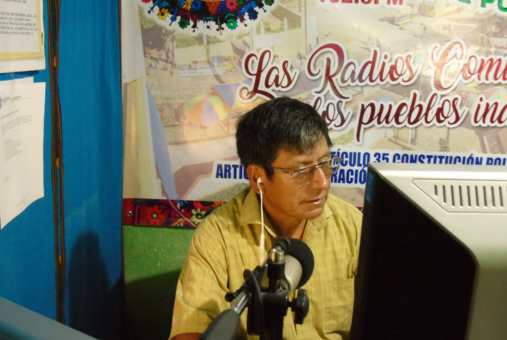
Community broadcasters in Guatemala, El Salvador, and Honduras face repression, economic hardship, and lack access to radio frequencies. They’re seeking help from the Inter-American Commission on Human Rights.

Microsoft and Google are among the companies asking a California court to reconsider a case they say has global consequences for press freedom and democracy.

Lalo de Almeida of Brazil, Carlos Ernesto Martínez, of Salvadoran investigative site El Faro, John Otis of NPR and the Committee to Protect Journalists in the U.S. and Frances Robles of The New York Times are this year’s recipients of the 2024 Maria Moors Cabot Prize Gold Medals. Special citations go to InSight Crime and Laura Zommer.
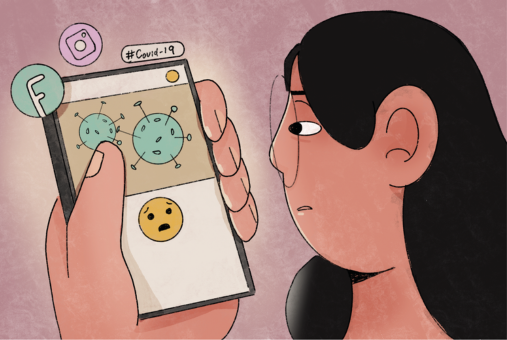
Across Bolivia, El Salvador and Peru, the spread of disinformation has disproportionately impacted marginalized communities amidst sociopolitical conflict in recent years. Local non-governmental organizations in these countries conducted information ecosystem research to understand its impacts.
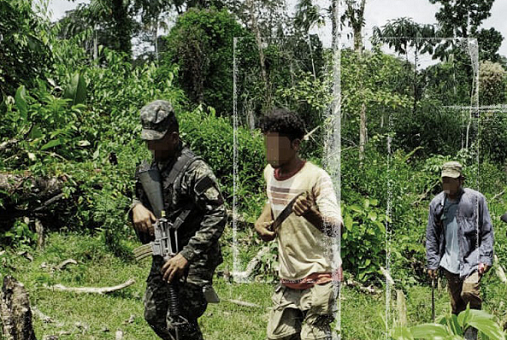
In an almost untouched coastal jungle region in Honduras, packages of cocaine are thrown into the sea by ships that evade inspection. This real drama is reported in the series “Moskitia: The Honduran Jungle Drowning in Cocaine,” winner of the Ortega y Gasset award.
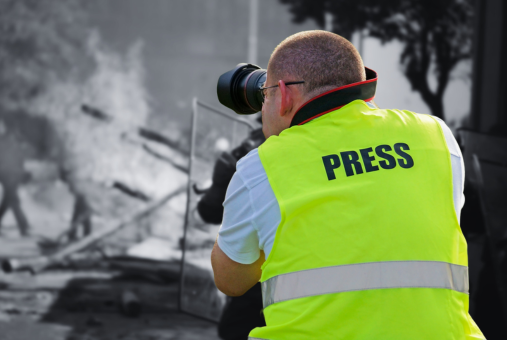
Directors of El Faro (El Salvador) and Confidencial (Nicaragua) pointed to risk assessment, complete trust between editors and reporters, legal defense and psychological support as fundamental elements to preserve the well-being and safety of their teams in the face of harassment, threats and criminalization.
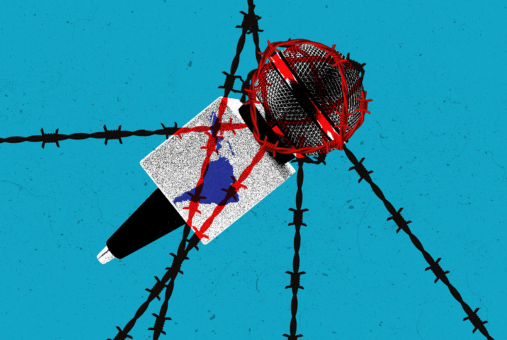
With their campaigns against independent media, the governments of several Latin American countries are beginning to threaten press freedom. Can Nicolás Maduro and Daniel Ortega's extreme of media blockages and closures be replicated?
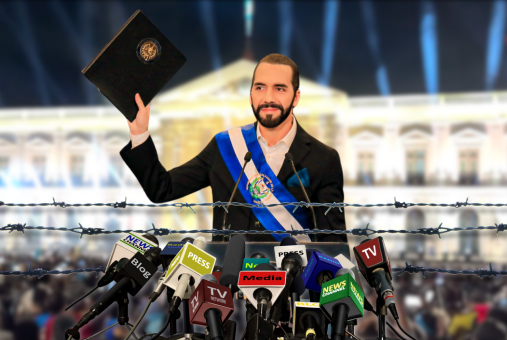
Journalists from El Salvador and press freedom organizations fear that, with the re-election of Nayib Bukele as president, harassment against journalists will worsen and reforms could be approved to criminalize their work.
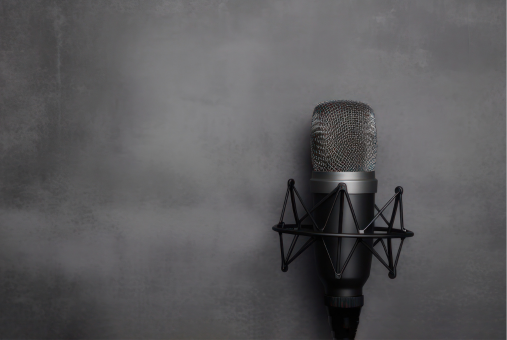
The team at Revista Elementos released the first season of the podcast Misceláneo that tells about the journeys of four Salvadoran journalists and seeks to change the government narrative of criminalization towards their profession.